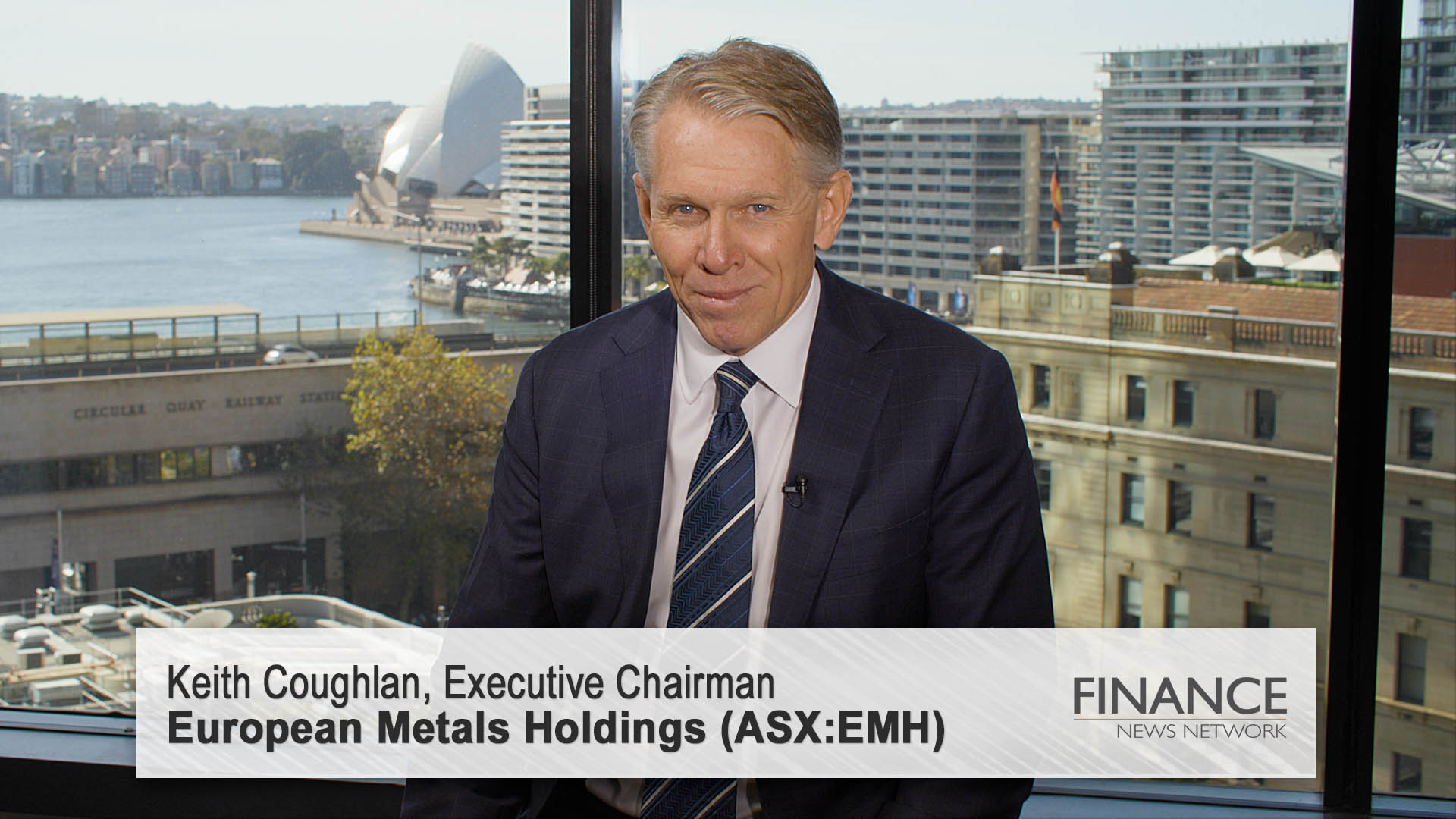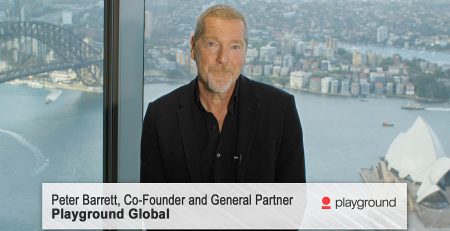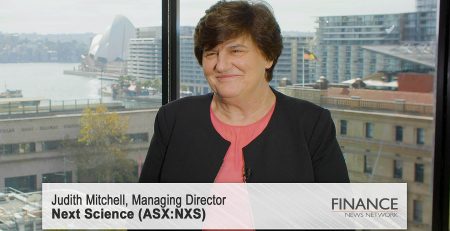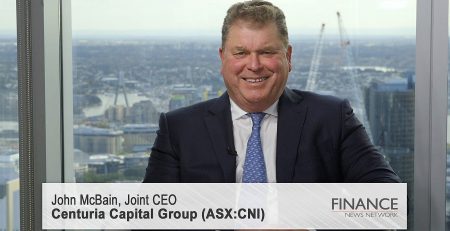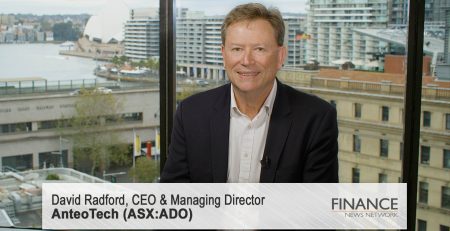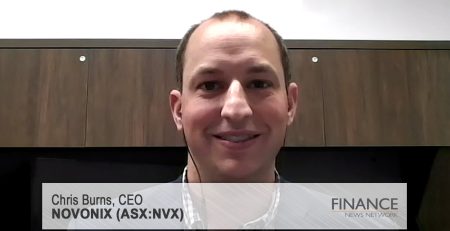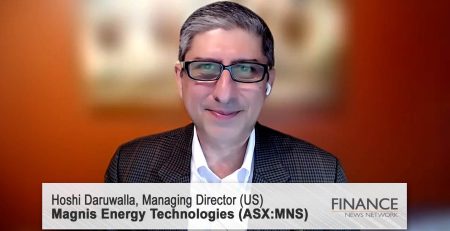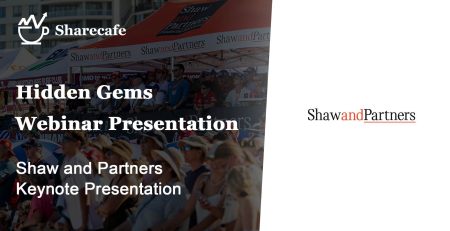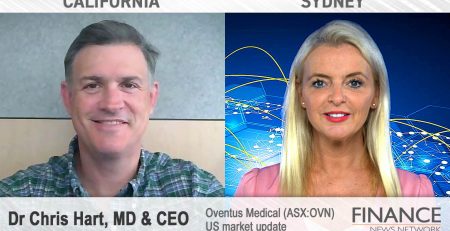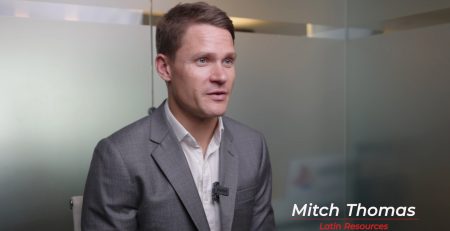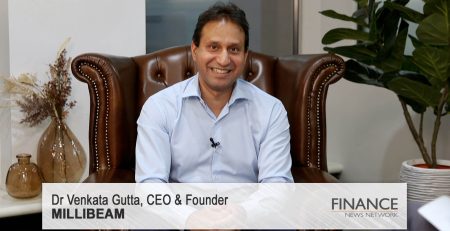The political tailwinds driving European lithium development
European Metal Holdings Limited (ASX:EMH) Executive Chairman Keith Coughlan discusses the European demand for lithium and the scale of the company's Cinovec project.
Tim McGowen: We're talking today with European Metal Holdings (ASX:EMH). It's got a market cap of around $112m. We've got with us the Executive Chairman, Keith Coughlan. We're talking lithium in Europe. Keith, thanks for your time. Welcome to Sydney.
Keith Coughlan: Thanks very much, Tim. Great to be here.
Tim McGowen: Now, your lithium project's set in the Czech Republic. Now, Europe, of course, in 2022, was the fastest-growing centre for EV batteries ex China. Now the challenge for Europe, as is for the US, is to own their supply chain. Now, you've seen the European Union stepping up their support for the industry in Europe with the Critical Raw Materials Act. That's kind of following the US Inflation Reduction Act. Now, from a political perspective, what does this support mean for EMH and where you're positioned?
Keith Coughlan: It's absolutely crucial. I think that you're right — the EU is stepping up. There's the Critical Raw Materials Act is due to come out any time now. And really it's a catch-up from the EU. They're really coming last globally with regards to securing long-term supply of these critical raw materials to enable the energy transition. When you understand how the EU works, it's understandable. It's not one nation, it's a collection of states. So, things like legislation take time. There needs to be a lot of discussion, collaboration, etc, and that's probably why they're only really just coming to the table now. But it's crucial. As you say, huge demand in Europe. We think it's the place in the world where the demand for lithium will grow quicker than anywhere else in the world in the foreseeable future, and yet there is no supply whatsoever today.
Tim McGowen: And does that mean potentially there's funding support from the EU at some point?
Keith Coughlan: Cinovec has already been awarded one strategic grant from a fund called the Just Transition Fund in the order of approximately 50 million euros, so that's significant. We've also been designated as a strategic project under that fund, which is also significant. We've seen a draft of the Critical Raw Materials Act, and the two key things it talks about are providing more funding for these projects, and also to provide a clearer and faster gateway to permitting, both of which are very important. The money's great. Obviously, you would take the money any day, but really the speeding up the permitting process is probably really the critical factor, so we can get to production as quickly as possible and start filling that supply gap.
Tim McGowen: And you touched on it — Europe produces no lithium. It comes from China, sourced from China, and you've got this huge demand obviously. Someone like Benchmark Mineral said there's five gigafactories in Europe coming, and there's probably another 27 needed by 2030. So, can you tell us a little bit about your lithium project, its scale and how it compares to its peers on pricing, etc?
Keith Coughlan: The first thing to say is that Europe really needs every single lithium project in Europe to come online, and it's still not going to be anywhere near enough. So, that's the first thing to understand. We're very fortunate with Cinovec in that it's a historic underground mine, so much easier to permit, much easier to get back into production, if you like, and with a much better ESG profile because of that. But also it's a very, very large deposit. Of all the hard rock lithium deposits in the EU, Cinovec accounts for over 65 per cent of the total. Now, why that's important, firstly, it's long-term security of supply, but secondly, it also focuses the attention of the European Union and the various governments on helping this project come into production quickly because it is potentially such a large producer.
Tim McGowen: Keith, your project sits on the German border, and the resource actually runs under the border into Germany. You also had the Czech PM come and visit your project recently and sign an MOU with the other side of the border. Can you talk us through what that sort of support means and how that follows through to EMH?
Keith Coughlan: Certainly. So, firstly, it was fantastic to see the Czech Prime Minister visit the project and speak very positively about it. And that is the first time he's been to the project. Certainly the first time such a high ranking Czech official has come. And I think the timing of that is interesting. That really leads, in my mind, to the announcement of the Critical Raw Materials Act and the Czech politicians getting themselves ready to embrace and support the Critical Raw Materials Act.
The cross-border cooperation is potentially very important. Saxony, the state immediately across the border — very big, very wealthy state, a lot of industry, a lot of car manufacturing, as there is in the Czech Republic. So, they signed this cross-border MOU or MOC, Memorandum of Cooperation, about developing strategic assets in the border region, specifically including lithium and electromobility. So, this talks directly to Cinovec.
You know, it's not impossible that we could see collaboration with the Germans in developing Cinovec in a cross-border fashion, making it at a significantly bigger project. And, you know, the Germans do have that very serious level of demand. Most of the big OEMs are obviously German, your Volkswagens, your BMWs, your Mercedes, etc, etc, so it's understandable that they would have that cross-border interest in the project.
Tim McGowen: And, of course, the Czech Republic is a major car manufacturer, which you touched on. Škoda is there, which is a VW subsidiary. Is there the opportunity for a gigafactory to be built in the Czech Republic, and what would that mean for EMH?
Keith Coughlan: So, the automotive industry is very important. Domestically, it's a little over 10 per cent of GDP. In fact, I think the Czechs pride themselves on making more cars in the world per capita than anyone else, which is an interesting statistic. There has been talk over the last year or so of two potential gigafactories within the Czech Republic. VW Škoda has been linked to both of them. There is nothing formal as yet. One of the proposed sites involves our Cinovec partner, CEZ, the Czech National Power Utility. That proposed site is only 50km or 60km from our project, so very close by. And the other is a little further away, but still, you know, not very far. Not very far in terms of global supply chains.
The Czechs, I think, would love to see Czech lithium in Czech cars. You know, that makes sense for them. I suspect that because we haven't seen those plans come out of the ground yet, it's probably a stage two for us. I think that, you know, stage one will be a more established factory or factories in the region. But I think we can expand Cinovec significantly, increase the production, and that would allow us to supply a number of different factories, both within and outside the Czech Republic.
Tim McGowen: And, of course, those stages, you began this project, you bought this project in 2014. You've now got some significant tailwinds in regards to political support. What do the next 12 months look like for European Metals?
Keith Coughlan: So, very important next couple of months, I think, on the political front. So what I would like to see, and what I hope we will see, is a very clear statement of policy with the Critical Raw Materials Act and a policy that can be easily embraced by the member states. So, to make it easy for the Czechs and the Germans to say, "We are going to fully embrace this policy," which will lead to those couple of key tenets I mentioned earlier, more funding, speeding up the permitting process. Both of those things just enable us so much quicker, you know, to bring this project into production as quickly as possible.
So, they're things we don't have a great deal of control over. From our own point of view, we're going ahead quickly with the definitive feasibility study, on track to be completed around October, certainly Q4 of this year. We reported last week on some of the results of some preliminary test work associated with that DFS, some of the pilot work we're doing in Perth, very good results. So, all of the factors surrounding the DFS are lining up very nicely. We will now start expanding on things like infrastructure, moving the project ahead on the ground and working hard on getting the permitting to line up as much as possible with the completion of that definitive feasibility study.
I mentioned earlier about the potential to expand the production from Cinovec because it is such a large resource. That's something we're working very hard on as well. While we see this massive demand and under-supply within the region, it'll be a good time for us to start talking about the potential for Cinovec to produce a lot more lithium each year.
Tim McGowen: Keith Coughlan, thanks for your time.
Keith Coughlan: Thanks very much.
Ends
Copyright 2023 – Finance News Network
Source: Finance News Network

